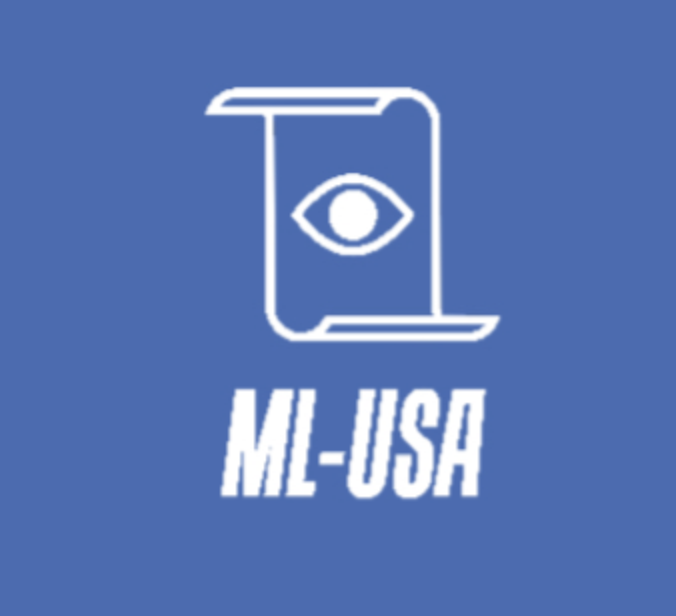LOS ANGELES–(BUSINESS WIRE)–#COVID19–While long overdue, AIDS Healthcare Foundation acknowledged the World Health Organization’s decision yesterday to declare the global monkeypox outbreak a Public Health Emergency of International Concern. It is unclear why nine of the 15 International Health Regulations (2005) Emergency Committee members were not in favor of the PHEIC declaration when the virus has spread to 75 countries, accounting for more than 16,300 cases.
“The world has needed this declaration for at least the last ten weeks, and we’ve called for it for the last month. But we don’t understand why the majority of Emergency Committee members did not support the decision to declare it a global crisis,” said Dr. Jorge Saavedra, Executive Director of the AHF Global Public Health Institute at the University of Miami. “Most governments do not inform, react or properly respond to an outbreak if the WHO has not labeled a disease a PHEIC. Also, raising fear to stigma is a mistake if used as the first argument for not disclosing epidemiological facts. Stigma must be addressed and eliminated so that communities at the greatest risk can be aware a disease is coming or already upon them. Fortunately, governments that were silent are starting to release their epidemiological information.”
“It’s apparent that the formula for declaring global public health emergencies needs to be reformed to ensure the decisions and recommendations are clear, based on epidemiology, and not subject to interference from personal biases, political considerations, or pressure from governments,” said AHF President Michael Weinstein. “Now that we finally have a PHEIC declaration, we need concrete steps on the way forward. The WHO and governments must start working immediately to develop their respective global and national plans to increase overall awareness on monkeypox and bolster research and vaccine initiatives that will protect the most affected communities.”
Monkeypox cases rose exponentially worldwide in the past month; however, some countries have struggled with it for decades without international attention or aid. The disease first appeared in humans in the Democratic Republic of the Congo in 1970 and has been present in West and Central Africa ever since. From 1970 to 2000, there were nearly 1,000 confirmed cases, and many more likely unreported. In 2017, monkeypox spiked in Nigeria with 500 suspected cases.
“Just because a disease doesn’t have a high mortality rate, doesn’t mean it’s mild and shouldn’t be taken seriously,” added Dr. Saavedra. “The world cannot make the same mistakes with monkeypox as it did at the start of the HIV/AIDS epidemic more than three decades ago – when there was reluctance to consider it serious because it was just affecting gay men. If the WHO and world leaders want to eradicate monkeypox in all countries, including the neglected African countries where the disease has been endemic, they must act now by consulting affected communities and building epidemiological-based plans that can stop the outbreak before it’s too late.”
AIDS Healthcare Foundation (AHF) is a global non-profit organization providing cutting-edge medicine and advocacy to over 1.6 million people in 45 countries worldwide in the US, Africa, Latin America/Caribbean, the Asia/Pacific Region and Europe. We are currently the largest non-profit provider of HIV/AIDS medical care in the world. To learn more about AHF, please visit our website: www.aidshealth.org, find us on Facebook: www.facebook.com/aidshealth and follow us on Twitter: @aidshealthcare and Instagram: @aidshealthcare
Contacts
Ged Kenslea, Senior Director, Communications, AHF
+1.323.308.1833 work +1.323.791.5526 mobile
gedk@aidshealth.org
Denys Nazarov, Director of Global Policy & Communications, AHF
+1 323.308.1829
denys.nazarov@ahf.org

